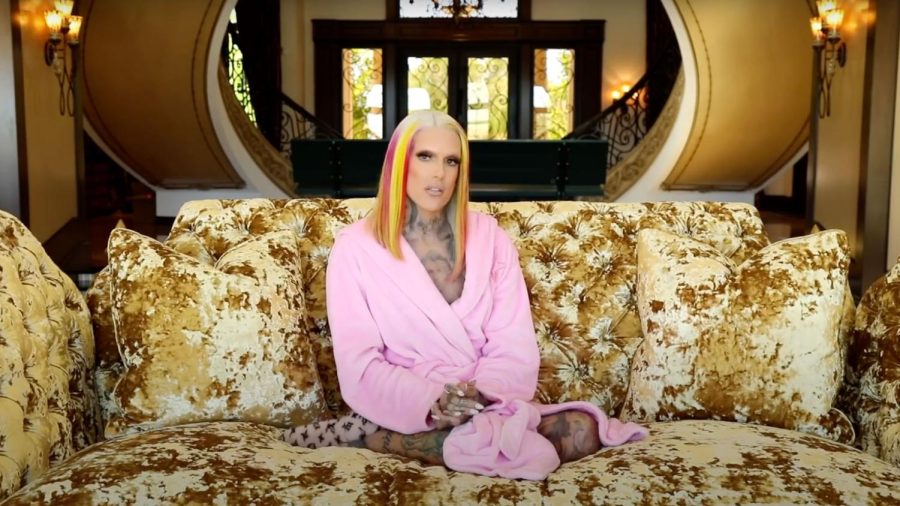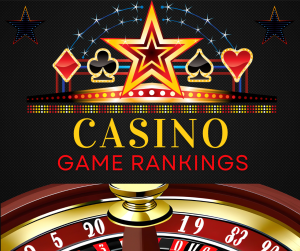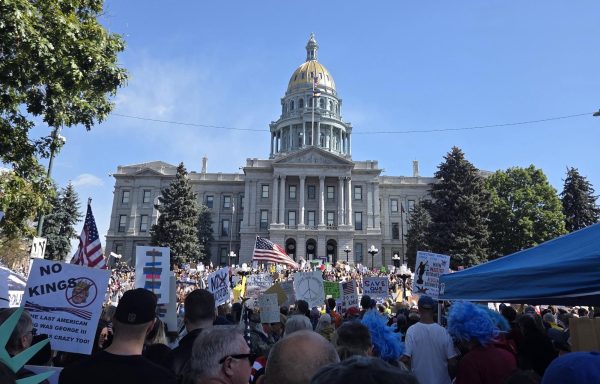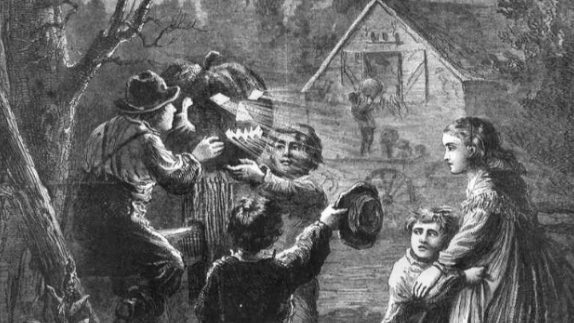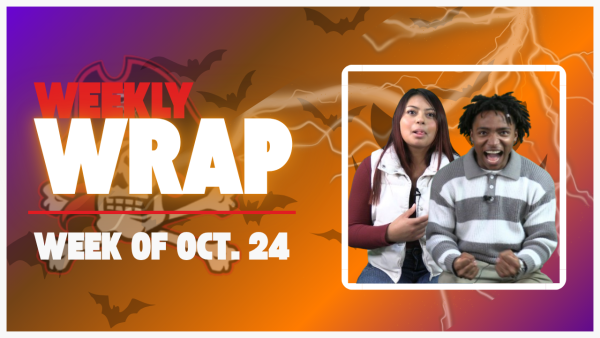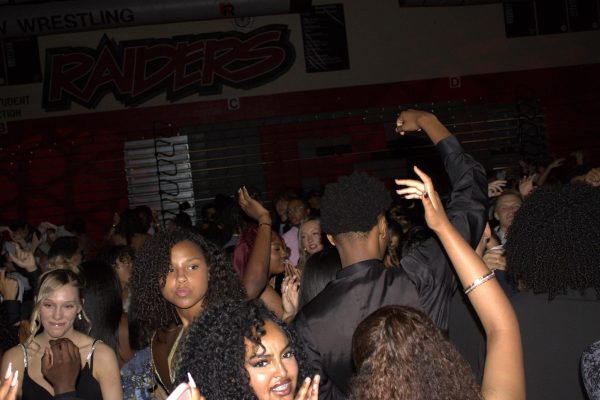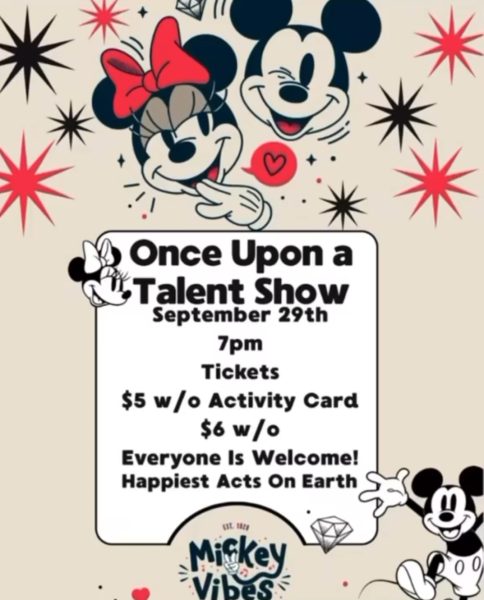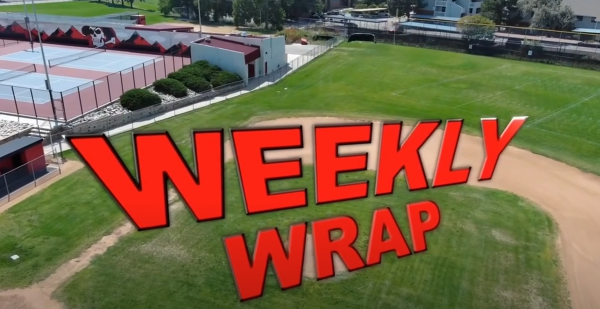Opinion: Influencer Apologies are Pathetic (Part of The Problem)
A screenshot from Star’s video “Doing What’s Right”, in which he apologizes to James Charles. (Photo via YouTube)
November 11, 2021
Influencer Apologies are Pathetic (Part of The Problem)
Here’s my problem with apologies that influencers issue. They are dismissive, deflective, half-hearted, and dishonest. They use the same phrases and lies, repackaged to be recycled for the hundredth time. They purposefully structure their apologies, pressing for pity, while attempting to distract from the actual situation at hand. I’ve grown quite tired of watching it all play out on repeat.
Deflection
What seems to be a common ‘tactic’ in these apologies, is the use of deflection. Usually this is orchestrated through the use of excuses—any myriad of them can be found in a single apology.
Frequent excuses I’ve found, include, being uneducated on a topic, being at a “dark place” in life, or even the excuse of growing up with a bad habit or action “familiarized”. The phrase “there are bigger things happening in the world” is used quite frequently in instances where an influencer has to apologize.
These may all be valid, but they can’t not pardon anyone from the consequences of their wrongdoings. Excuses shouldn’t play a part in apologies, they serve no purpose in retribution. They are used by influencers, however, to direct people’s attention toward something more shocking in order for them to avoid—an intense—backlash.
An example of this can be found in YouTuber Jeffree Star’s apology video released last year, July 18th, titled “Doing What’s Right”. Star gets to his actual apology, to fellow YouTuber James Charles around half way through the video for some drama the two got into back in 2019.
“I would like to personally apologize to James Charles for the words that I’ve said, and for my actions,” he said. “I let people really gas me up… I fell for a lot of things, and I got caught up in the hype..So James I am truly sorry for my actions and my behavior.”
The apology itself wasn’t bad. He admitted he was wrong for his actions, however, at no point in the video did he specifically state what said “actions” were. The apology overall was repetitive and hollow, but what made it worse was his sudden and brief shift on topics immediately following his apology.
This video came out during the peak of the Black Lives Matter Movement last year, motivated by the murder of George Floyd. Star suddenly mentioned the news attaining to them, more specifically he mentioned Breonna Taylor and Elijah McClain, around the middle of his video.
“Now, Breonna Taylor has no justice. Black trans women are being murdered everyday and the news is silent… and I think that drama [in] the beauty world… it all has to stop,” he said.
Though it’s true, his words clearly held no value to him. He briefly mentioned the movement and happenings so that he could connect it to his situation in an attempt to minimize the focus on his own faults. His attempt to shield himself from the backlash of his decisions, using a topic that is still sensitive to people today, is entirely inappropriate.
The problem here is not that he is recognizing the “real” world, the problem is that he avoided the topic of what has given the sudden “spotlight” in the first place. He used Taylor and McClain’s names, in the interest of himself then proceeded to show no real support for the movement. The only thing in the description of his video—that was published with comments off—a short message to his subscribers.
Had Star really cared about getting justice for the movement, he would’ve been posting resources and trying to educate his fanbase long before he had to give out an apology. Instead, Star inappropriately used the movement and Breonna Taylor’s name as a “trigger words”, then neglected to put even a single resource link in the description box of his video.
This type of deflection being used is unfortunate, but what’s worse is that oftentimes it actually works.
Manipulation
Apologies are purposefully formulated to evoke empathy from an influencer’s fans. They bask in the attention they receive when they get on an Instagram Live, adore all the praise they get from promoting their new album, or new video, sponsorship, etc. Yet, the second all that attention takes on a bad light, they tuck tail and run away.
I’ve seen countless influencers attempt to cover their lack of response using “cancel culture” to try and gain pity from their audience. Cancel culture; defined as a modern form of ostracism, a person is cast out of a social group for actions, deemed by said group to be unfavorable.
It is a much bigger problem that I can’t fully get into right now, however, the trend of influencers using it to gaslight their fan bases, by creating a narrative where they’re the victim, is deceptive. Playing the victim for your impressionable fanbase because you don’t want to take responsibility and admit your mistake is culpable.
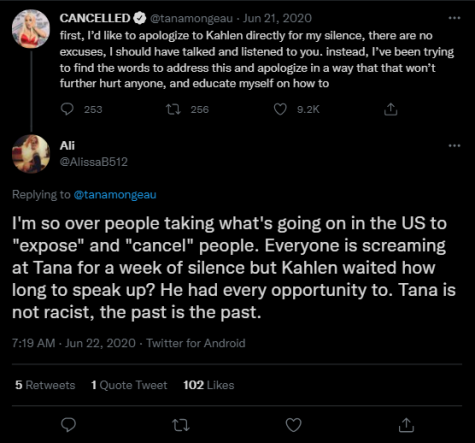
Tana Mongeau is a great example of this, the 23 year old YouTuber has issued more than her fair share of apologies over her years on multiple platforms. This partifulcar apology, posted to her Twitter account, was addressed to an old YouTuber friend of hers, Kahlen Barry. He had recently called her out for her microaggressive behaviors toward him and their other friend Nessa Briella in the past.
Mongeau’s apology was released after weeks of being called out under most of her social media posts by people and fans alike. On June 21th, 2020, she finally posted an apology message on her Twitter page.
“First, I’d like to apologize to Kahlen directly for my silence, there are no excuses, I should have talked and listened to you,” Mongeau said. “I want to apologize directly to [Kahlen Barry] for anything I ever did to make him feel that I was being micro-aggressive or racist. That is so far from who I am, and I will spend a lifetime trying to show you that.”
Mongeau never truly apologizes to Barry, only spending a short amount of time addressing the reasons she called her out, spending the majority of her “apology” in defense of her own reputation. The motive of the apology seemed to be focused more on saving face than on actually addressing her old friends making amends to her old friend.
Mongeau said she was sorry for “[making] him feel that [she] was micro-aggressive or racist”. Her words hold the same effect as, “I’m sorry you feel that way.” Mongeau attempted to keep herself separate from the accusations, implying that it was Barry’s own fault for feeling the way he did, not her own.
She claimed “truly stand by [her] morals” then feigned dedication to educating herself and fighting for what is “right and equal”. Despite this, Mongeau, similarly to Star, neglected to post any links to resources following her apology. In fact, she mostly kept off the app for the following few weeks.
People like Mongeau, who are willing to manipulate their audience to keep up a reputation rather than admitting their faults are dangerous. Oftentimes, they are too busy keeping up appearances to actually spend time on personal growth, even though they claim to be. But what’s worse is this manipulation has consequences.
Influencers constantly getting away, unscathed, from their mistakes, sends out the wrong message to both their fans and casual viewers.
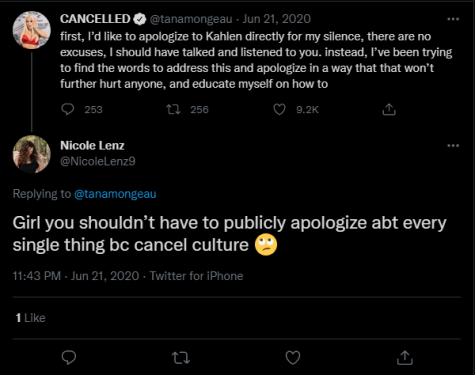
The Aftermath
These bogus apologies are setting a horrible example. Influencer’s need to fully be held accountable for their actions. Above this, they need to hold themselves accountable. It is only fair to give any influencer who’s been called out the opportunity to learn.
A sincere apology requires an understanding of what you did wrong, so that you don’t sound hollow, uncaring, or uneducated.
It is especially important to understand the reason you are giving an apology. If you came under fire because of your ignorance on a topic, but are still quite clearly unversed in said topic in your apology, it isn’t sincere.
But in the haphazardness that is cancel culture, influencers quickly get “cancelled” and feel pressured to make an apology right away before they even know why their actions were wrong. They miss out on the opportunity to learn and skip right to the part where they defend themselves.
Under any one influencer’s apology, whether it be on Twitter, Instagram, or YouTube, you can find people quickly coming to the influencer’s defense and, in turn, belittling the hurt voiced by their victims.
Now granted, some of these comments are simply trolls trying to get a reaction out of people, but others are genuinely sincere and it’s concerning. There is an alarming amount of favoritism and the sheep mentality present in the online world. It’s hard to remember, in the fast paced world of social media, to occasionally step back and take a minute to truly and thoroughly examine situations.
Because of this, many fans are prone to excusing or ignoring the wrongdoings of their favorite influencer, to immediately jump to their defense. It is easy to get caught in a sheep mentality, where you support your favorite without first considering the other side.
Anyone with enough “loyal” followers, never really has to learn from their mistakes, because regardless they will continue to have support behind them. This is creating a society where people can easily get away with things as long as they have people there to keep defending them.
We are inadvertently creating a society where mistakes are almost completely taboo. Where it is nearly impossible to apologize for or grow from anything. This isn’t beneficial to anyone.
These dismissive, tactfully manipulative “apologies” that influencers have been issuing are pitiful. Influencers have a duty as someone with a significant platform to show accountability and acknowledgement when apologizing, which are vital to progression and growth. The standard to which influencers and their apologies are held, gravely needs to be elevated.
